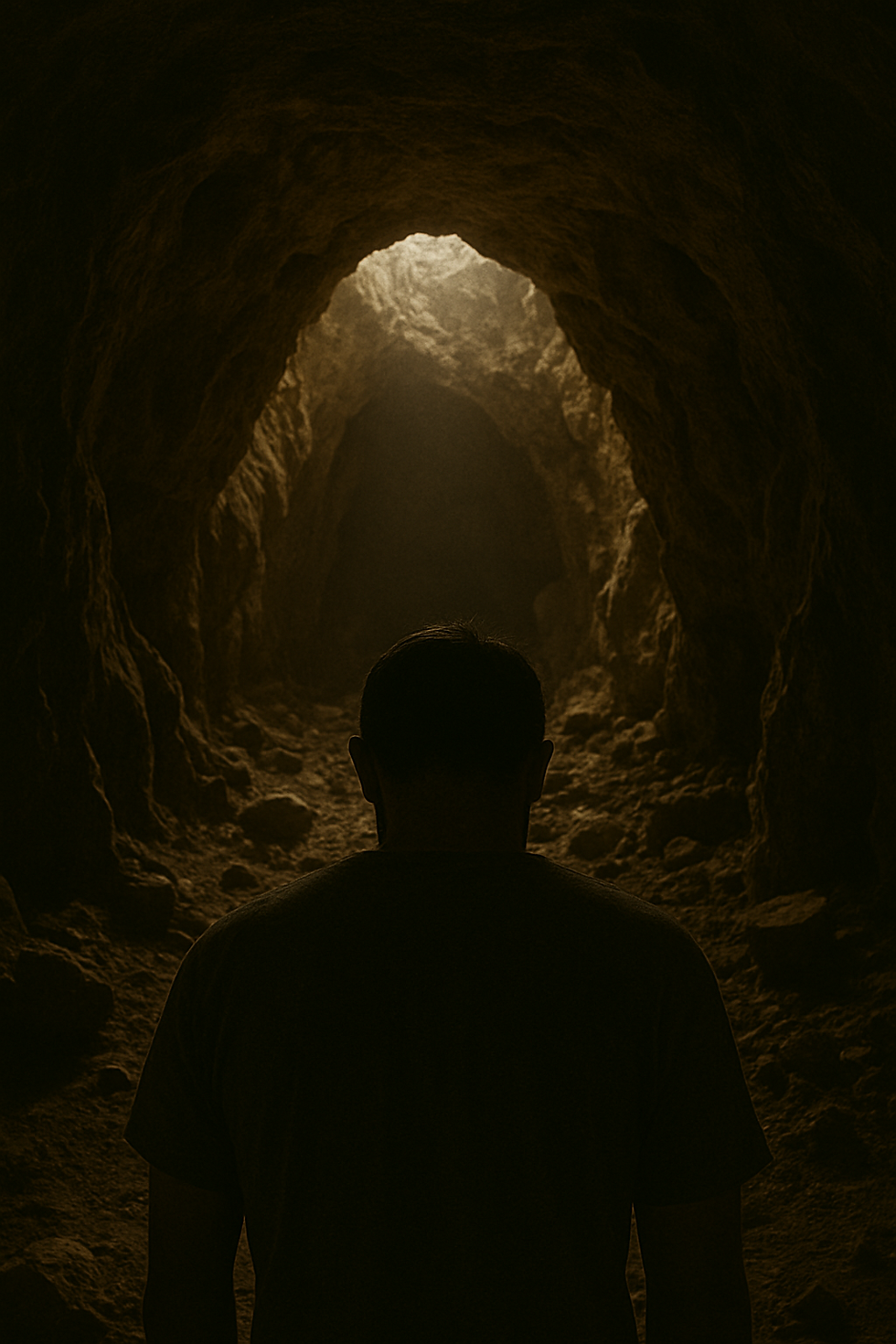The Untapped Resources Coaching at Practice
- Jack Fleming
- Sep 18, 2020
- 4 min read

Coach talks, player learns. Pretty simple right? If only.
“The sculpture is already complete within the marble block, before I start my work. It is already there, I just have to chisel away the superfluous material.”
― Michelangelo
When someone asks you a question, the knowledge that you bring to the table is based upon your previous experiences that you have already integrated into the topic. The greater your expertise, the more knowledge and applied experiences you have had and connected.
When we start to drive a car, we connect to our understanding of riding a bike or of playing an arcade game.
When a player learns a new offence in their team, they use all their previous knowledge to helps speed up the learning process. If they were to think about it as if they had never seen offence before, it would take a seriously long time.
"The most important single factor is influencing learning is what the learner already knows. Ascertain this and teach accordingly." - John Hattie, Visible Learning & The Science of How We learn
Yet isn't that how we coach sometimes?
Ok guys - here is how you set up a pick and roll. Has that person never played pick and roll before?
Here might be another idea on how to build on players past knowledge. Explore - Exploit - Execute.
A Process of Learning

Start with a problem not a solution
"How can we attack the 1-2-2 press?"
2. What are some experiences you have had in the past to attack this?
"We want to get somebody to the middle"
"My last team we always had the biggest player be at the basket"
"On my school team the in bounder is behind the ball"
3. Explore - See what solutions they have.
(i) 60 second time out to come up with a plan against the 1-2-2 press 5v5
(ii) 5 minutes of testing
(iii) Coach your defence to challenge the offence in different ways - take away different options.
4. Quick Review
"Where were the struggles?"
"When were we successful?"
"What happened when we were turning the ball over on the middle pass?"
Does anybody want to agree? Build on that? Challenge that? Go deeper?
"Can we offer up some terminology and organisation to tighten up our press attack?"
5. Exploit - Insert your system
"We will call our middle man, the bust guy, because he busts through the middle - that will be the inbounder."
"In the case that our side, middle, behind options are taken away when we reverse the ball we must have the same options on the other side of the floor. Here is how we will get there."
6. Execute - Test it against pressure
Hopefully there will be some success, but the true test of whether learning has taken place may be 2 or 3 sessions later without any reminders from you. And in the games obviously.
If there's struggle or difficulty, go back to using your coaching tools to identify the challenges and keep tweaking until it sticks.
"But We Don't Have Time for That"
I would propose the idea that this can actually save us a lot during the season? By constantly testing knowledge we are not always waiting until the game to see where the problems are.
As said in the Michel Angelo quote, there might already be a lot of knowledge inside your players before you have pour more information out.
Basketball is a problem solving game, that might be a more important skill than being a factory worker and just mindlessly following directions.
When we test, it can look awful, like really bad. It will not look as nice, but we are just establishing fact - that we might not be ready to move on just yet.
Has This Ever Worked Before?
In Anders Ericsson's book Peak, a controversial read about the 10,000 hour rule and deliberate practice he talks about a physics class at University of British Columbia.
One group of students were taught the traditional way, while the other was challenged quite differently. The students would do short true or false quizzes about the readings before the class, and then be given a 'clicker question' which they would discuss in small groups, pose questions then the teacher would run through the answers. This then delved into further concepts, engaging discussions beyond the original question.
Engagement and learning was through the roof, utilising the prior knowledge of students and identifying the gaps in their own knowledge.
In fact, I'm positive great coaches all around the world for decades have been using bits of pieces of these methods before.
If you want to read more - check out this article "The Dark Side of Natural Talent"
Black Box Thinking
"To learn and develop, you have to subject your theories to failure." - Matthew Syed

Are we too afraid of our practice looking like garbage?
When maybe that's exactly where we are.
And it takes time, to improve.
Tweak.
Test again.
Don't Be the Cool Kids
In the book Syed talks about the cool kids who used to go out drinking before exams. They were so afraid of failure that they self sabotaged their chances. If they did well, then that's great. If they didn't, they had an excuse.
Is that what we are doing? Flexing our knowledge and not exposing our athletes at some point to the real game. Where you can't always stop, reteach, correct, narrate, direct.
I'm not saying there isn't a place for that, it's entirely necessary. But do you test it?
Or does your ego get in the way?
I'm not saying this is the only tool, or that it's correct, or comfortable - but just to challenge your own thinking about the best way you've learned and if that reflects your current practices.






Comments